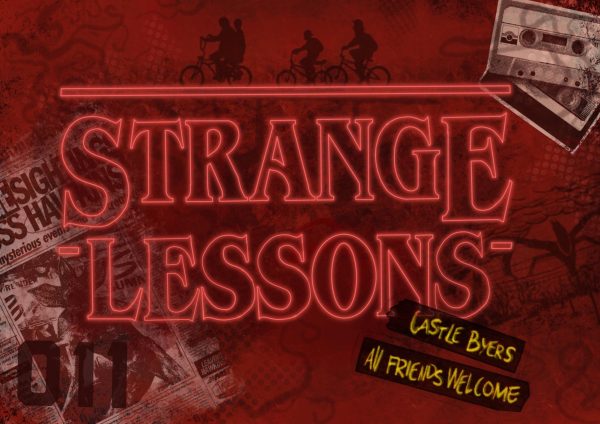Are Criminals Born or Made?

May 31, 2023
The human condition has been tempted to commit criminal acts by world influence rather than being born with a criminal mind. An individual’s experience of the world influences one’s day-to-day activities including criminal activity. A negative experience of childhood could potentially influence criminal activity later in life as well as social pressures from poverty. Humans can have a choice and pick their life, including picking a life of crime.
One of the key contributions to the development of a criminal is one’s childhood. According to Psychology Today in an article written by Krystine I. Batcho, research suggests that a happy childhood is associated with greater social connectedness and healthy behaviours during adulthood. An upbringing of neglect and mistreatment could result in higher levels of criminal temptations. A National Institute of Justice study in America showed that childhood abuse increased the risk of partaking in adulthood crime because of the promotion of antisocial behaviours during childhood and adolescence. Richard Ramirez or more commonly known as the Night Stalker was a serial killer, rapist and burglar. His childhood featured a physically abusive father as well as being exposed to photos of raped and dismembered Vietnamese women at an early age by a cousin who was a Vietnam war veteran. At the age of 13, he watched his cousin murder his wife as well as begin to break into homes, a likely result of the traumatic experience in his youth. Being around physical violence at an early age reduces the emotional impact of the act. This caused Richard Ramirez to be less sympathetic to his victims as his childhood experience caused him to believe that this was normal behaviour. The negative developments and experiences faced as a child could build a life with criminal activity.
Individuals living in poverty are more likely to be tempted by criminal activity. The Strain theory was developed in 1939 by Robert K. Merton and suggests individuals commit crimes because they are unable to achieve socially accepted goals. Individuals who are living in poverty are limited in accessing essential needs and services including food, water and shelter. This makes criminal activities such as theft and financial crimes more tempting for individuals in poverty. Studies have shown that individuals at the lower end of the socioeconomic status scale are more likely to participate in a crime. This behaviour can even be seen in children in the UK, as Lee Elliot Major, a professor of social mobility states that “teachers on the frontline are seeing children turning up to school hungry, tired and anxious” clear signs of poverty and that “pupils are stealing basic items like tissues, they can’t pay for the bus to get to school” in a recent article from the Guardian. Children have resorted to stealing from schools to provide resources for home use. This downhearted example shows that even kids have been tempted to steal in circumstances where poverty exists. In other countries such as the Republic of Mozambique, individuals living in poverty may hunt down animals protected by poaching laws because of the high-value animal parts. The Worldwide Fund for Nature has deemed poverty as a leading cause of poaching in Mozambique. The high reward of animal poaching is tempting for many, especially those living in poverty. Living in a poverty condition increases the temptation of committing a crime for reward drastically.
This can be emphasised further by the fact that humans have a choice, including picking a life of choice. This is supported by the Classical theory of criminality where people have free will in making decisions, including making decisions on committing criminal acts. Drug smuggling is a high-risk operation with severe punishments including up to 25 years in prison. However, in 2014, a report by David Bjerk and Caleb Mason about Cross-Border Drug Couriers reported that drug traffickers caught in California had an average compensation amount of $1604 per shipment. This would mean that drug traffickers would make the annual salary of an American truck driver if they did 2 shipments a month. Drug traffickers have had the choice and have chosen the high-risk but high-reward option for financial gain rather than legal ways of financial gain. Individuals in a society have been given choice in their actions, including criminal actions.
There are many contributing factors that create a criminal. A childhood filled with violence can make individuals feel that violence is normal behaviour, hence inflicting abuse and murder on others with limited sympathy. Living in poverty can also tempt an individual into committing a crime for financial reward. Finally, individuals may inflict criminal behaviours on others as a reaction to an action. Criminals are made through their environmental and societal factors.












Wadzanai Sasha Mutedzi • Dec 3, 2025 at 7:04 am
Well explained and easy to understand